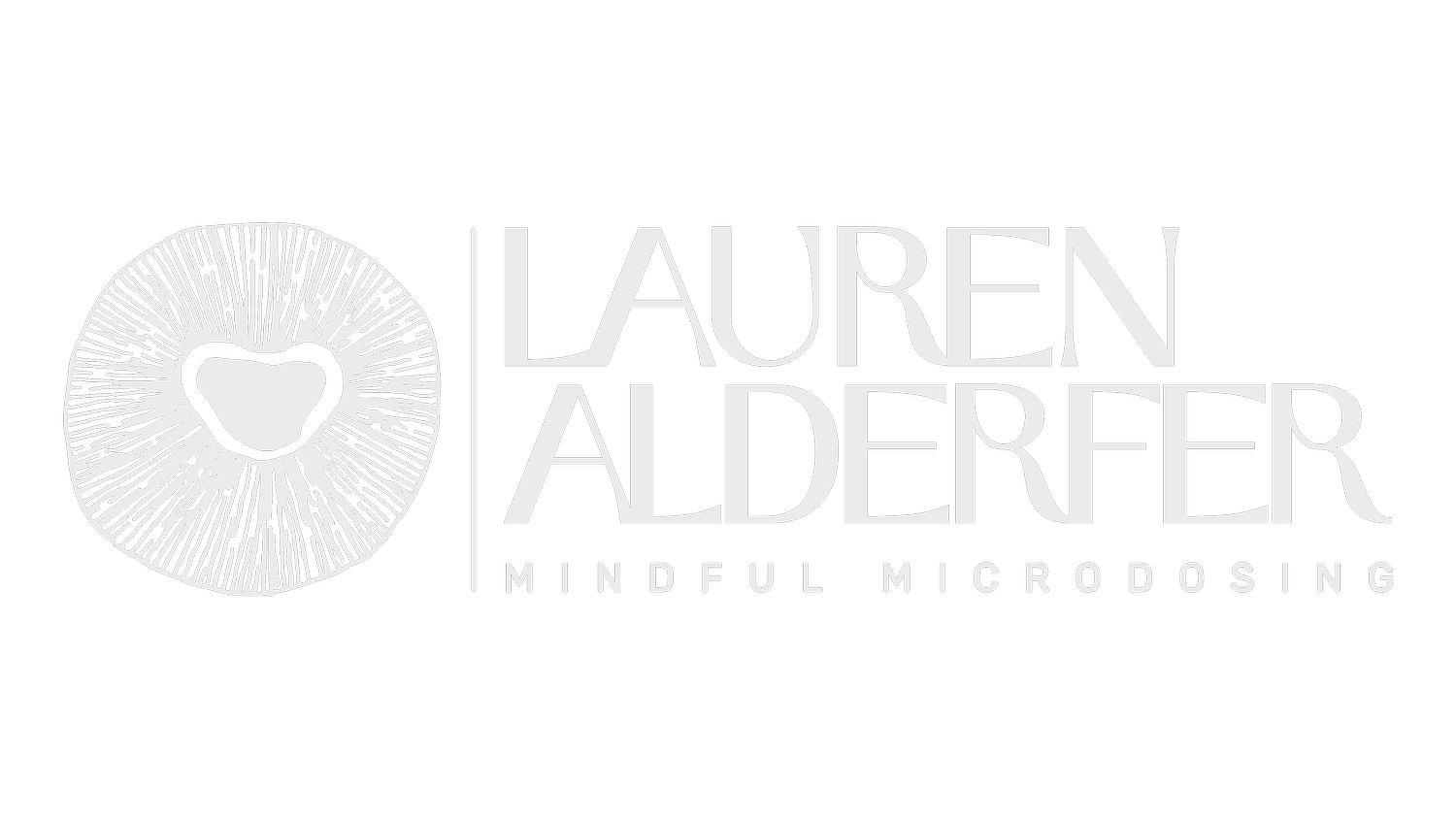A Mindful Approach to Dementia & Psychedelics: Our Shared Journey Series - Understanding Death in Order to Choose Life Today
While in my thirties, I read The Tibetan Book of the Living and Dying. Learning about the bardos fundamentally changed the course of my heart and mind. The concept of training the mind to be fully aware upon physical death is one of the primary goals outlined. Another focus of the text is the underlying lived understanding of impermanence and the transitory nature of life. This understanding has brought a more fervent aliveness to each and every one of my days and to my life in general. It is a total embrace of life as it is in this very moment… oh, but this moment just turned into that moment! It is an ever-flowing river of change, with nothing fixed or permanent.
Now, several decades later and closer to my own mortality, I can see that the years of contemplative practice have helped me ground the mind in present-moment awareness, in a way preparing for that eventual moment of death. In future posts, I will describe how high-dose psychedelic experiences can be a mirror to these states of being and preparation.
At least, that is what happened to me as a long-time practitioner who never experienced psychedelics until recently. Do not just take my word for it—highly respected, well-known Buddhist teachers are becoming more vocal in the psychedelic space. For example, I read that the distinguished academic and Buddhist scholar Robert Thurman, PhD, is giving the inaugural message at the Psychedelic Buddhist Conference in New York City. But for today, I want to focus on how I believe the concept of the bardos relates to dementia.
When the mind has the ability to be turned to awareness, it, by its very nature, needs cognition. I am reminded of a very elderly Tibetan Lama who once explained to me that the Tibetan word lojong is oftentimes translated as meditation. He continued to say that it literally means mind training and that, in fact, is what the practice does. So…
If your cognition is not available, how then does that impact the ability to train the mind or prepare for death? With the background understanding of the bardos, impermanence, mind training, and other concepts, when my husband, Henry, was diagnosed with early-stage Alzheimer’s, that question was an overriding mindful contemplation for many months.
I came to the understanding that, in the case of Henry, whatever he hoped for at the time of physical death would need to happen before cognitive decline—to the point of not harnessing his cognition. I also understood something that had perplexed me for years. In the book Words of My Perfect Teacher by the great Patrul Rinpoche, a “primer” given to me when I first started to be involved with the Tibetan refugee community in Dharamsala in the 1990s, there are conditions for practice. It seems clear to me that people with advanced stages of dementia do not have the capacity to train their minds.
So I look at the timeline being moved up for Henry. This approach has made a significant difference. Part of pushing up that timeline was Henry’s understanding of ensuring he actively cultivated what was needed for him. The most significant of all resulted from a bufo experience a year after his formal diagnosis. He ingested the hallucinogenic compound 5-MeO-DMT , which comes from the secretions of Bufo alvarius, a toad. It surpassed any expectations. It was as if Henry’s many decades of meditation practice culminated in that short, 20-minute psychedelic experience.
And that experience ushered in a heart at peace. Any hints of anxiety about his condition prior to the bufo experience vanished. The oneness—beyond the physical—that Henry experienced is now his heart’s companion. As I write these words, my own heart both expands in love and breaks in sadness. Yet, there is great comfort in knowing Henry’s heart is now at peace. Is that not one of the greatest gifts?
As I contemplate the idea of being resolved, I think of different religious approaches. I see similarities to the more Christian approach of seeking absolution just prior to death. When a priest comes to the deathbed and the person confesses, all sins are washed away. I am left with the feeling that the dying person is at peace. Burdens are lifted, forgiveness is made, and hopefully, loving-kindness is poured into every fiber of one’s being.
So it is with our religious or non-religious concepts—whatever approaches, belief systems, or cultural overlays affect how we walk in the world and how we walk with others, they do impact how we meet death. How we live today is the pathway. When dementia begins, that path gets shorter to navigate. The compass of the heart and mind calls out to be at peace, have resolution, be enveloped in, and exude love. The tricky thing about dementia is achieving all this before cognitive death.
A practice for death becomes a practice for life—be it Christian or Buddhist. And for my husband with dementia, I view this physical death as cognitive death. It hastens the practice in each day to be settled in his heart and mind.
- Lauren Alderfer, PhD.

